ABOUT THE PRODUCTION
Theatre performance Odilo. Obscuration. Oratorio. premiered in the insecure time just before the potential outbreak of a new world clash. Geostrategic and geopolitical interests, a new rising of nationalisms and racisms, news scarily similar to those our ancestors faced before and during World War II. Odlo Globočnik is a dark image of the Slovenian history. He is that Slovenian who occupied the highest ranks in the hierarchy of the German Nazi system. The Slovenian who addressed the crowd at one of the notorious Nuremberg Nazi party rallies. The Slovenian who executed operation Reinhard and was responsible for the death of millions. The Slovenian who invented the extermination concentration camp. The Slovenian who managed Risiera concentration camp. The coproduction of Mladinsko and Kino Šiška, based on the textual masses by Peter Mlakar and Dragan Živadinov, is fully conscious of the dangers of the time in which we live, as we are witnessing a new rise of nationalism and racism. The key elements of the project are thus a clear anti-Nazi stand, the killing of Globočnik’s name, and obstructing of the resurrection of his acts. The performance methodologically refuses to understand his acts and National Socialism as something normal. Even more, by using the ritual of killing his name, it wants to once and for all be done with Odilo Globočnik, as well as the Nazism and fascism, and thereby prevent its rise and return. Within this frame of ritual killing, the performance stages an awareness of personalised evil while refusing to enter the theatre identification model. National Socialism is the greatest realism in the history of mankind!
THE AUTHORS
PETER MLAKAR is a Slovenian philosopher and artist, a founder and head of the 'Department of Pure and Applied Philosophy of the NSK' (Neue Slowenische Kunst) movement since 1987. He has authored many books on eroticism and philosophy: Spisi o nadnaravnem (Essays on the Supernatural), Uvod v Boga (Introduction to God), Hribi in doline (Hills and Valleys), Gorska roža (Mountain Flower), Omračitev uma (A Darkening of the Mind), Mera in čut (Measure and Feeling) … His main fields of research are the traditional philosophic subjects and the anomalies associated with them; questions about God linked with the scientificized, technologized, cyberneticized world; sexuality and its relation to the Absolute and the concept of Evil; apophatic theology with psychoanalysis, meontology with logic and cognitive theory and their conundrums … He also published in various international publications (e. g. NSK, From Kapital to Capital, MIT, Boston, 2015) and is the author of a novel Vojna (War). He has worked on various projects by Irwin, New Collectivism and Noordung theatre as well as collaborated with the group Laibach (is also its honorary member).
DRAGAN ŽIVADINOV is a director, an attractor and the founder of the retro-garde process in theatre, a co-founder of the Neue Slowenische Kunst movement, a co-founder of Cultural Centre of European Space Technologies (KSEVT), a post-gravity artist and a candidate cosmonaut. In 1983, together with Eda Čufer and Miran Mohar, he established the Scipion Nasice Sisters Theatre, which self-terminated in 1987. This was followed by the establishment of the Red Pilot Cosmokinetic Theatre, which evolved into the Noordung Cosmokinetic Cabinet. While Živadinov has always been interested in total theatre guided by abstract art, his third, post-gravitational phase of art focuses on the cosmos as a real space of (theatre) art and strives to realise in it the first truly abstract theatre piece of art. The totality of his artistic project must also be understood in the confluence of private life and artistic activity: to conclude his artistic path and his fifty-year project Noordung: 1995-2045, he plans to put himself into orbit and self-destruct.
FROM THE REVIEWS:
Polona Balantič, TV Slovenija
Anja Radaljac, Delo
Petra Tanko, Radio Slovenija
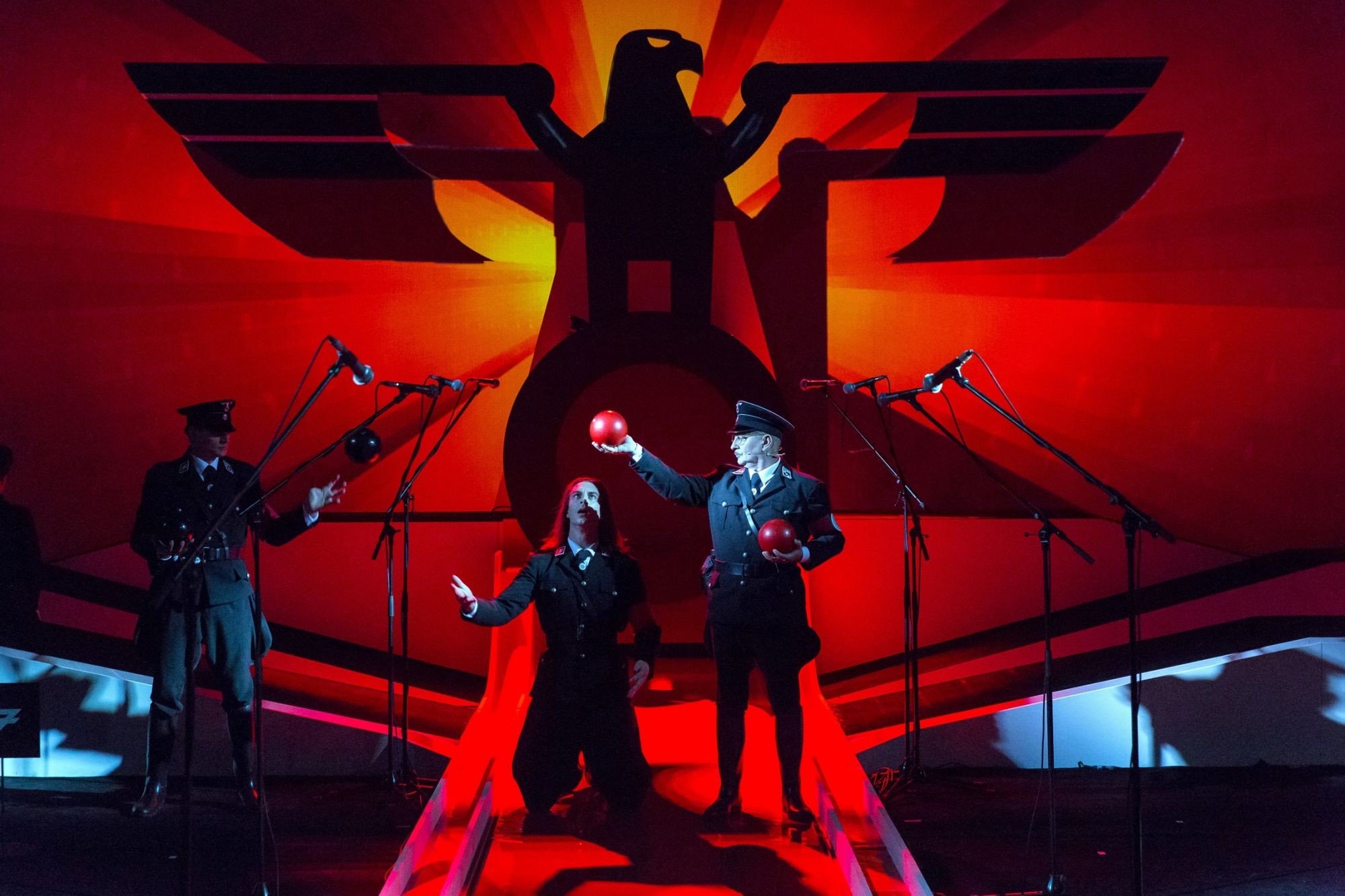

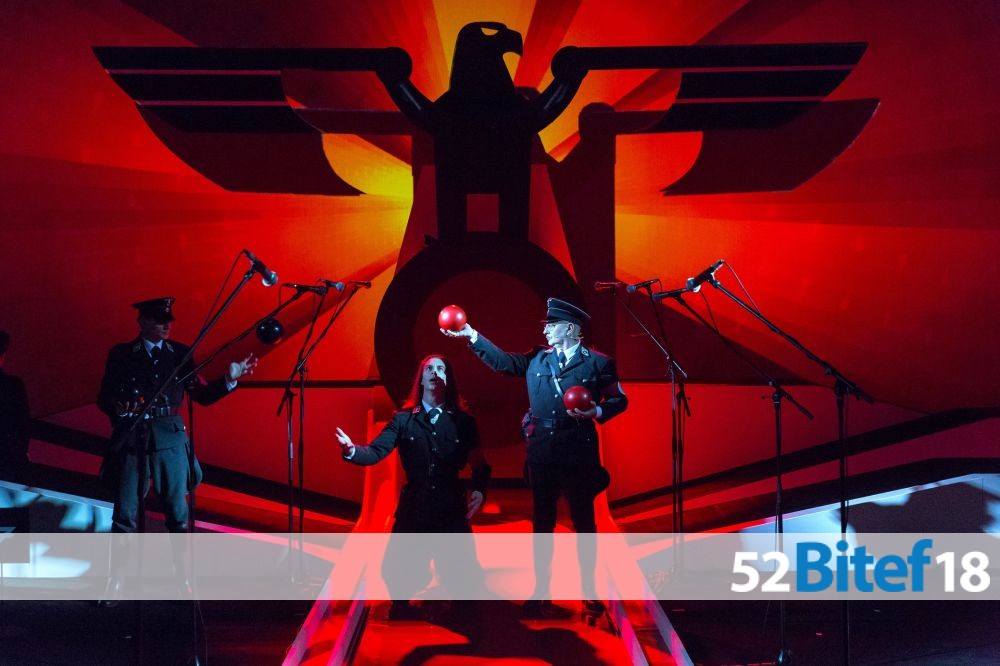
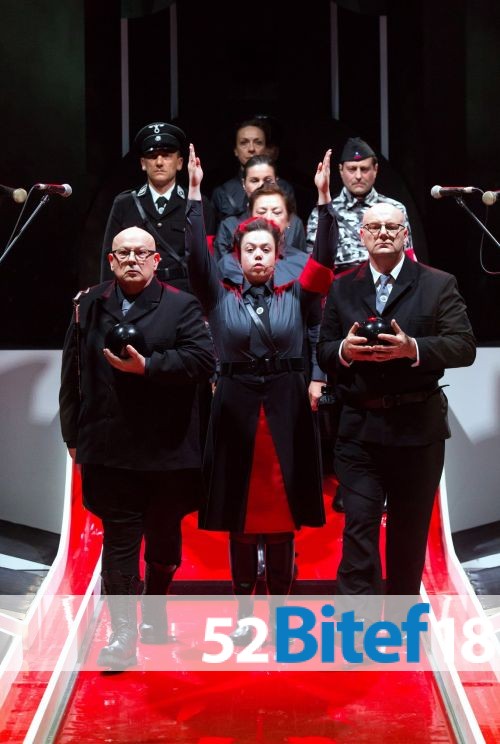
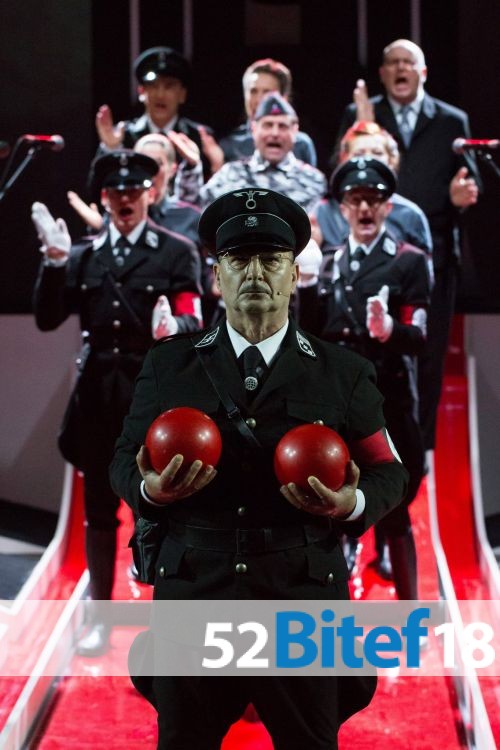
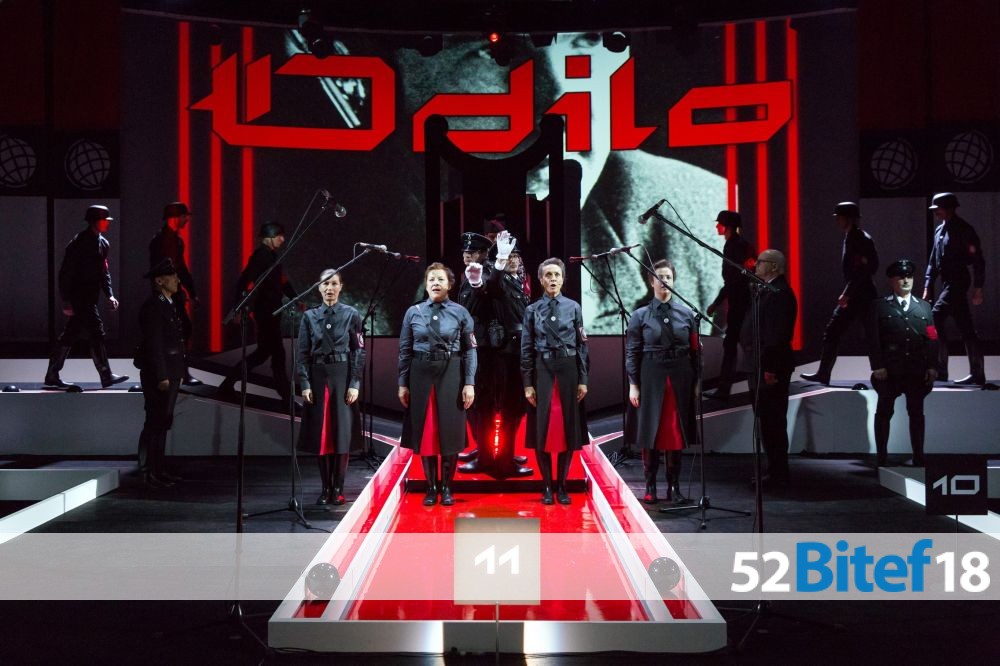
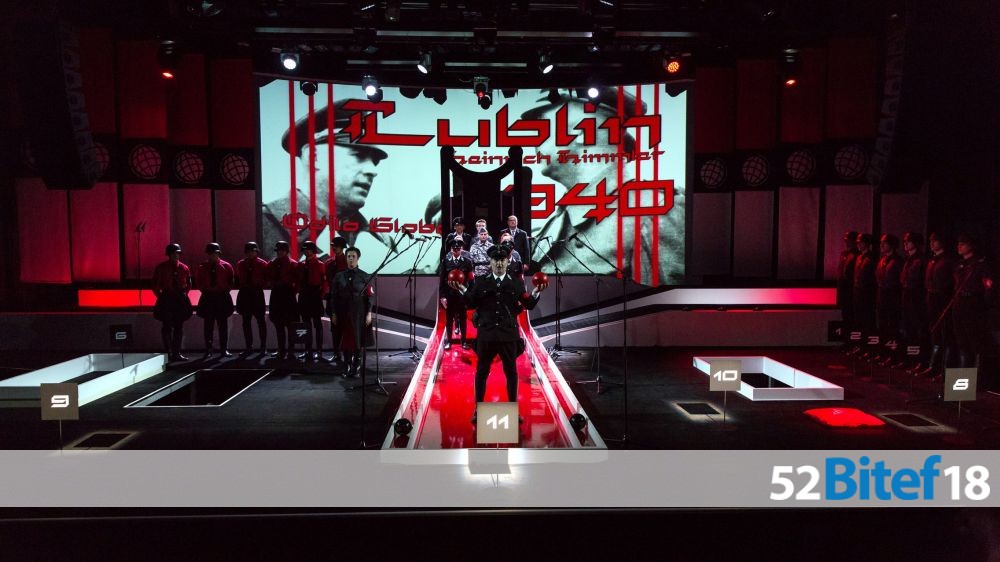
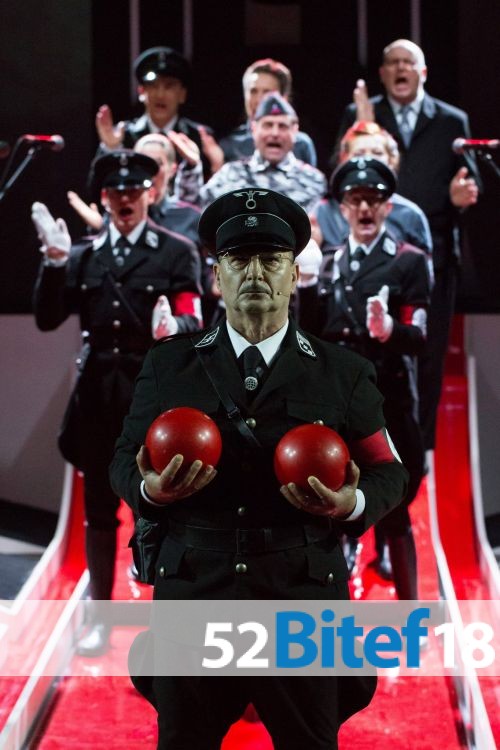
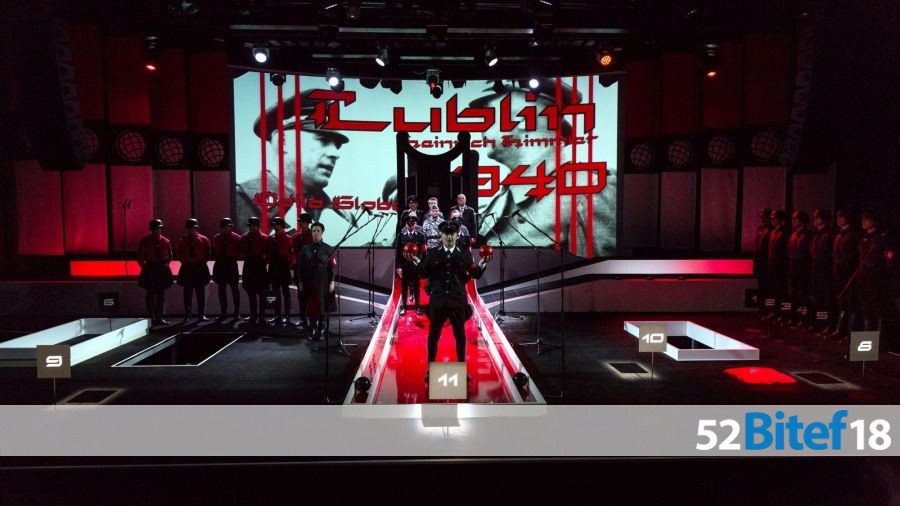
Оцените - total votes 0